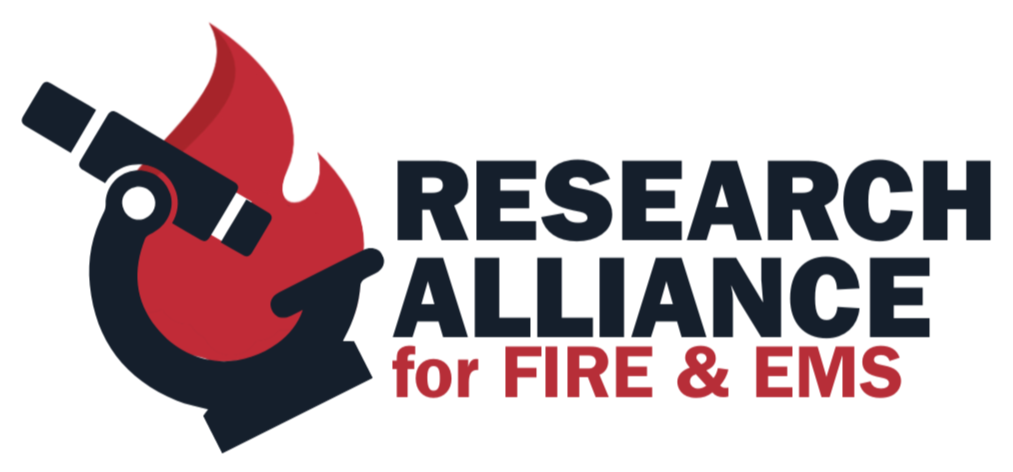About Us
The Research Alliance for Fire & EMS is a specialized initiative within Science to the Station created for academic researchers whose primary work focuses on the health, safety, and well-being of fire and EMS professionals. We bring together scientists and scholars from public health, behavioral science, epidemiology, engineering, and related disciplines who are advancing the fire service through rigorous, independent research.
This community includes faculty, research scientists, and graduate-level investigators who do not work operationally in fire or EMS, but who are deeply invested in improving outcomes for the field. By connecting these researchers to each other—and to the needs of frontline providers—we ensure that critical science translates into meaningful change.
mission
We have a twofold mission: first, to support researchers in producing high-impact, peer-reviewed science that addresses the complex realities of fire and EMS work. Second, to foster cross-disciplinary collaboration and engagement that amplifies the reach and relevance of their findings.
The Research Alliance creates space for researchers to share knowledge, identify emerging needs, and align their work with real-world challenges. From health risks and workforce resilience to systems design and organizational culture, our members are united by a shared commitment: protecting those who protect others—through science.
OPPORTUNITY awaits…
What defines our group is the shared focus on fire and EMS as a research priority—regardless of professional background. Unlike the Scholars Alliance, which is reserved for fire/EMS practitioners with academic training, the Research Alliance is built for full-time researchers working in academic, nonprofit, or institutional settings.
Through collaboration, joint initiatives, and access to practitioner networks, we support researchers at every career stage, from doctoral candidates to tenured faculty. Our alliance offers a home for those working to make science not just informative, but transformative, for the fire and emergency services.
Co-chairs
-

DR. BRITTANY HOLLERBACH
-
NATE TRAUERNICHT







